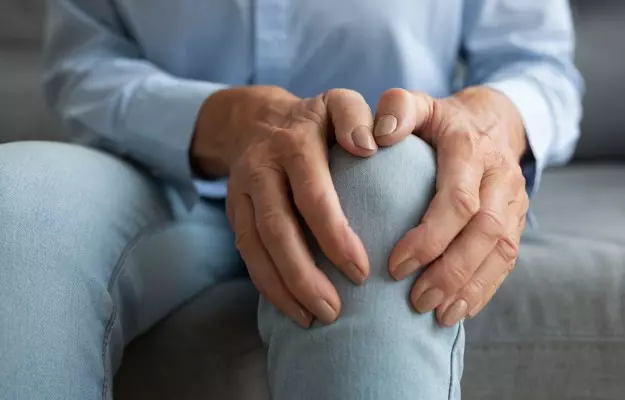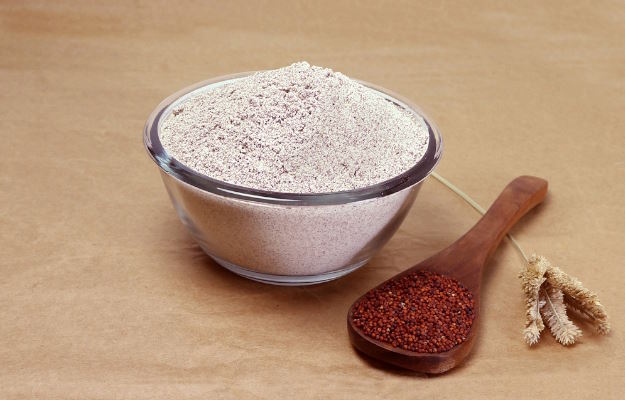Eyes, kidneys, and heart are not only affected by diabetes, apart from this there can be problems related to bones. According to research, people with type 1 and type 2 diabetes are more prone to fractures than the general population. Therefore, diabetic patients are advised to exercise regularly and take a balanced diet.
Click on the link given here to know the ayurvedic treatment for diabetes.
Today in this article, you will know how diabetes can cause bone disease and how to avoid it -
(Read More - 10 Home Remedies for Diabetes)






























